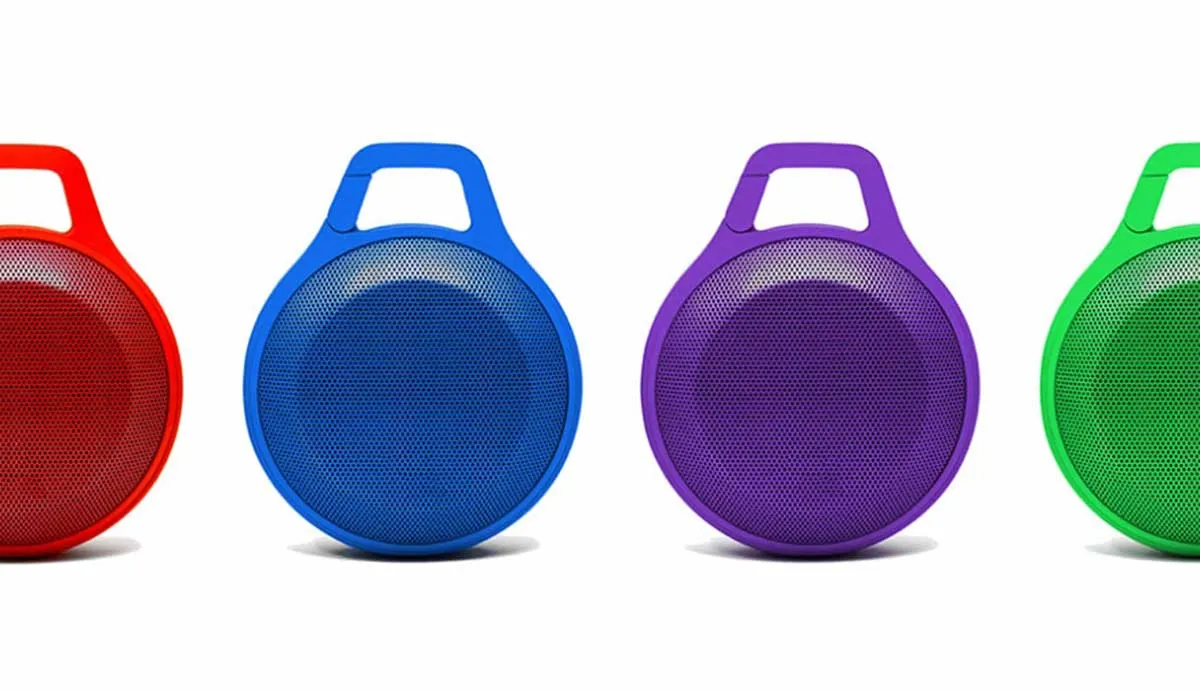Consumers respond to eye-catching designs and functionality, so as a designer or manufacturer, you strive to hit a cool-yet-high-tech vibe with your products. What are the top three ways that thermoplastic elastomers (TPEs) can help you reach this goal?
1. Maximize Look & Feel
Hard/soft combinations of either rigid plastic or metal with TPEs are one way to achieve haptic contrast, which in turn, differentiates products with aesthetic appeal. You’ve seen this trend in consumer electronics that mix glossy and matte surfaces, or use a TPE on buttons or areas where a product is gripped. Depending on haptic targets, TPEs can provide a variety of feels from grippy to silky, and can be brightly colored to enhance aesthetics and consumer appeal.
2. Boost Sound Performance
Sound is at the heart of your users’ experience. Soft TPEs can be used to maximize speaker performance by reducing housing vibrations where enclosure parts meet. Consider using integrated gaskets to reduce the ‘noise’ that vibrations often cause. To integrate them, TPEs enable an overmolding process that places the material directly onto the housing substrate. This reduces manufacturing steps and the cost of assembly, which is no longer needed.
3. Pump Up Durability
Looking for effective ways to waterproof and dust proof your enclosures? TPE gasket materials can provide great compression set properties for a long lasting seal, even at elevated temperatures. Overmolding these materials on the outside of your device can add impact protection, abrasion resistance, and UV resistance properties depending on the intended use environment of the speaker.
